|
There's been much discussion about international trade, particularly NAFTA with trade between the U.S. and Mexico, in the news and social media after President Trump's recent tweet-storm against the "bad deal." But let's cut to the chase: people prosper from trade. Sure, President Trump is correct that the U.S. is running a trade deficit with Mexico, whereby imports exceed exports, this year that looks to surpass the deficit of $71 billion last year (see charts below); but this net trade balance is useless. True prosperity should be measured by the trade value of voluntary exchange of people importing and exporting products. This trade value between Americans and Mexicans was $557.6 billion in 2017 and is already $512.3 billion through just October 2018, meaning this year is likely to be even higher. For another example, Texas has a trade surplus with Mexico, meaning Mexicans purchase more from Texans than Texans do from Mexicans (see figures below). Consider that in 2017 Texas exports to Mexico of $97.7 billion were greater than its exports to the next 10 countries combined. And Texas imports from Mexico of $89.8 B were greater than its exports to the next 5 countries combined. But again, Texas' net trade balance with Mexico of an almost $9 B surplus is useless. True prosperity is the trade value of exports plus imports of $187.5 billion between Texans and Mexicans that year. In other words, through voluntary exchange people satisfy their desires or they wouldn't trade, providing a win-win situation, not a zero-sum game. Comparative advantage discussed by economist David Ricardo in the early 19th Century explained that an individual (or country) will produce whatever she is relatively more productive compared with someone else (another country) and thing. This is similar to competitive advantage whereby an individual is not only more productive but can produce at a lower cost, which may not always be the case with comparative advantage. I explain this and more the Let People Prosper episode 46 above. These concepts work in the real world to provide abundant human flourishing. Those people and countries that practice protectionist measures to limit trade have been poor or made poorer over time--even contributing to the failure of their nation such as in Rome or Germany. What's important here is to be as competitive as possible so that one can continue to benefit from trade by increasing productivity and finding other ways to lower production costs. This can be done through policy such as reducing excessive government spending to lower taxes and cut onerous regulations--both tax and regulatory relief have been successes of the Trump administration. However, tariffs and other trade barriers and excessive government spending by the Trump administration and Congress continue to raise the cost of production and ultimately hurt all Americans as these policy actions reduce their purchasing power. For example, the Tax Foundation notes that the Trump administration’s imposed tariffs have cost Americans $42 billion in higher taxes levied on thousands of products and threatened tariffs could cost them another $129 billion. This could total $171 billion in higher taxes which would be more than the average per year cut in taxes of $150 billion by the 2017 Trump tax cuts. Adam Smith also taught us in the late 18th Century that the extent of the market determines the division of labor and specialization. So, expanding the extent of the market through trade with people in other countries improves both of these measure of worker productivity while holding down the cost of production and therefore prices so that the least among us and everyone else prosper over time. Sure, some sectors, and the workers in them, that don't change course to compete in the expanded markets will be hurt, but people are still better off given more opportunities to work in other sectors and the advantages of an increased standard of living with more quality, affordable products and services. For more on the economics of trade and the benefits of NAFTA and trade in general, please read my paper "People Prosper from Trade: NAFTA and Texas." I also recommend reading papers presented at the Dallas Fed's recent conference on 20 years after NAFTA. The book "Economics In One Lesson" has great stuff on the economics of trade. Another good book that I read recently on trade was "Specialization and Trade" by Arnold Kling--I have a short review of it and other books at my Goodreads page.
In general, we need freer trade to let people prosper. Thanks for reading and sharing with others!
0 Comments
Leave a Reply. |
Vance Ginn, Ph.D.
|
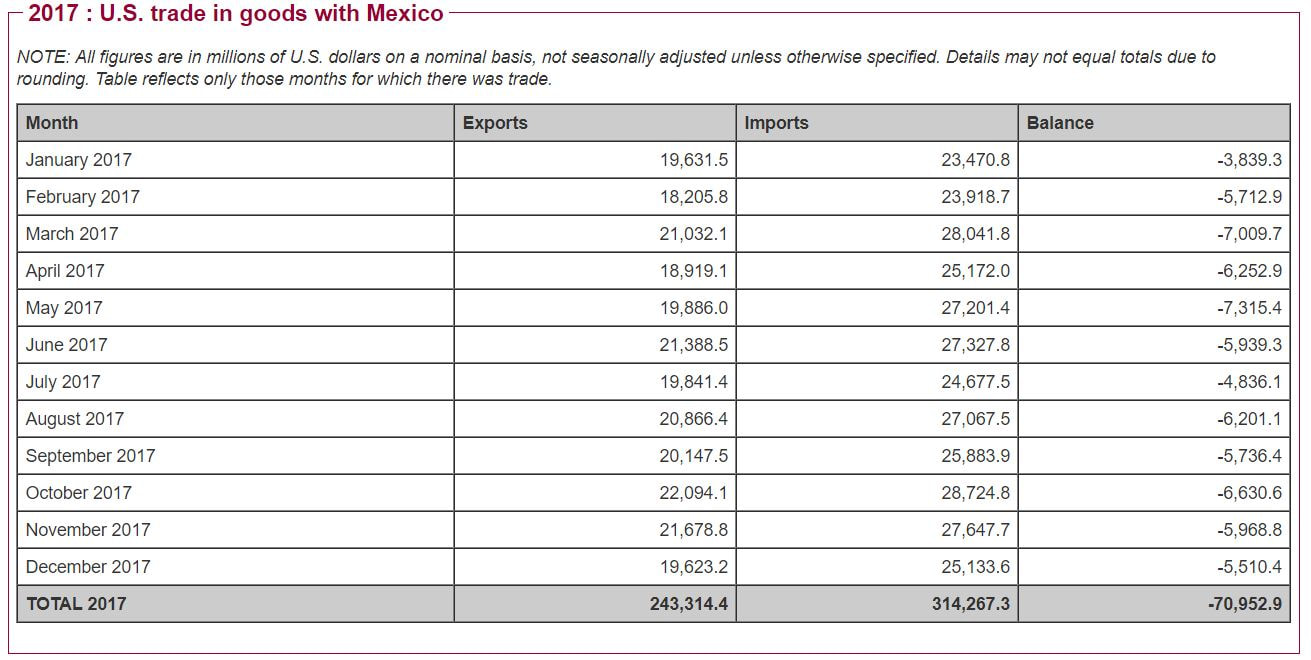
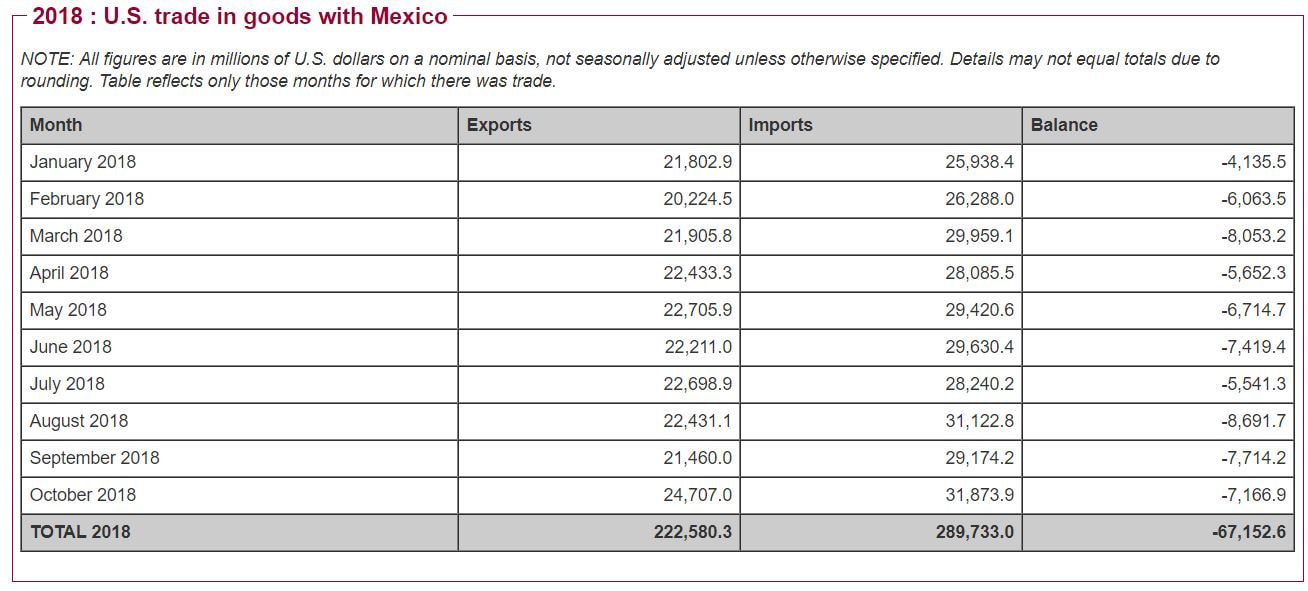
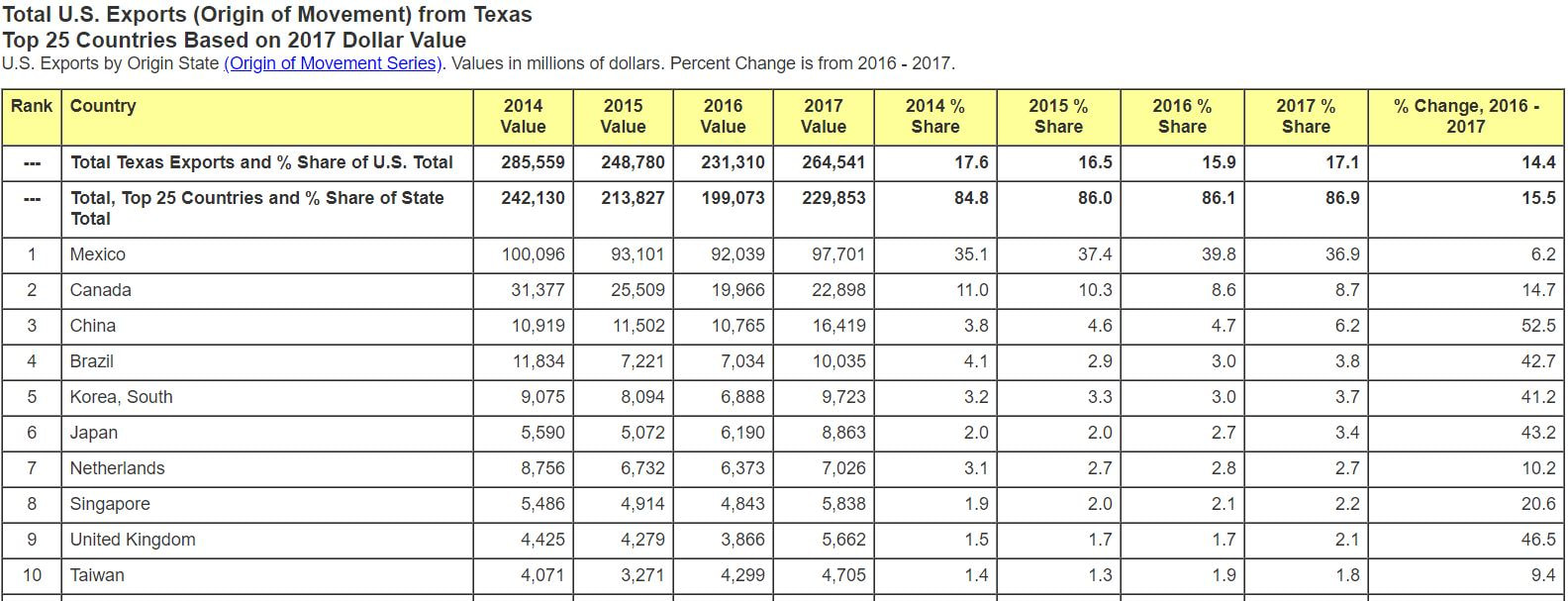
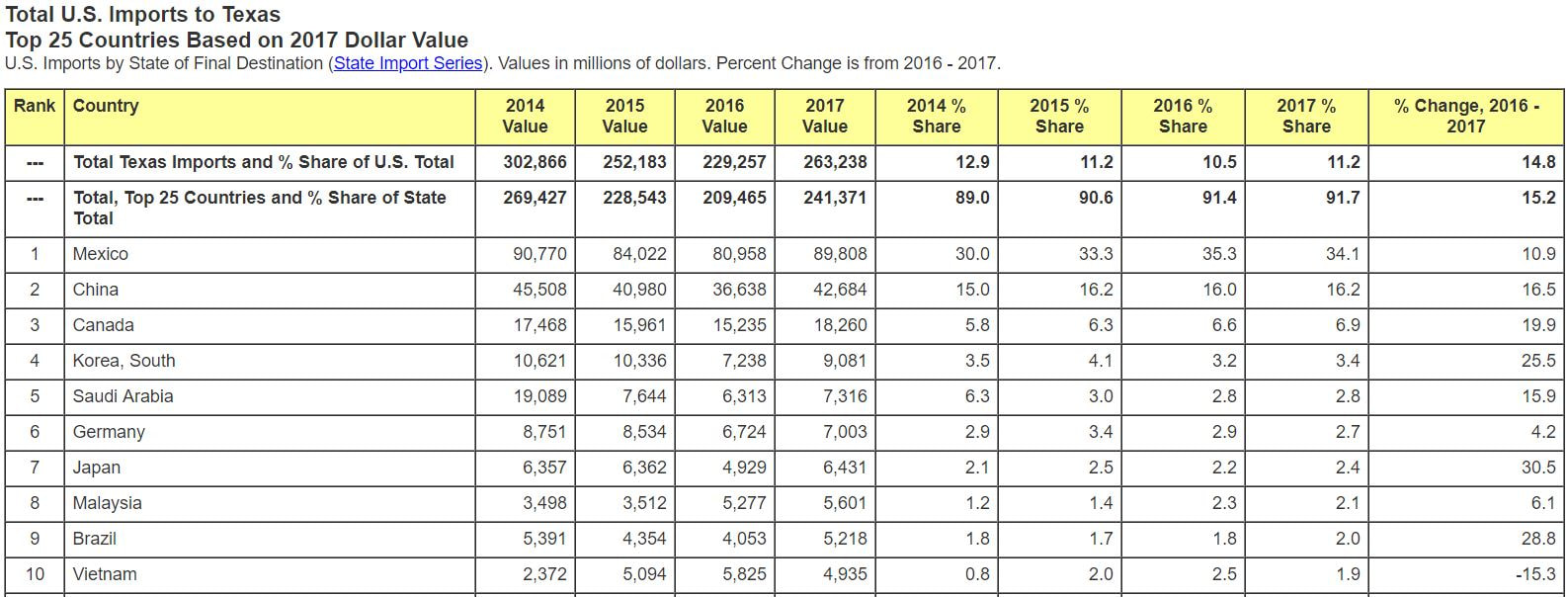
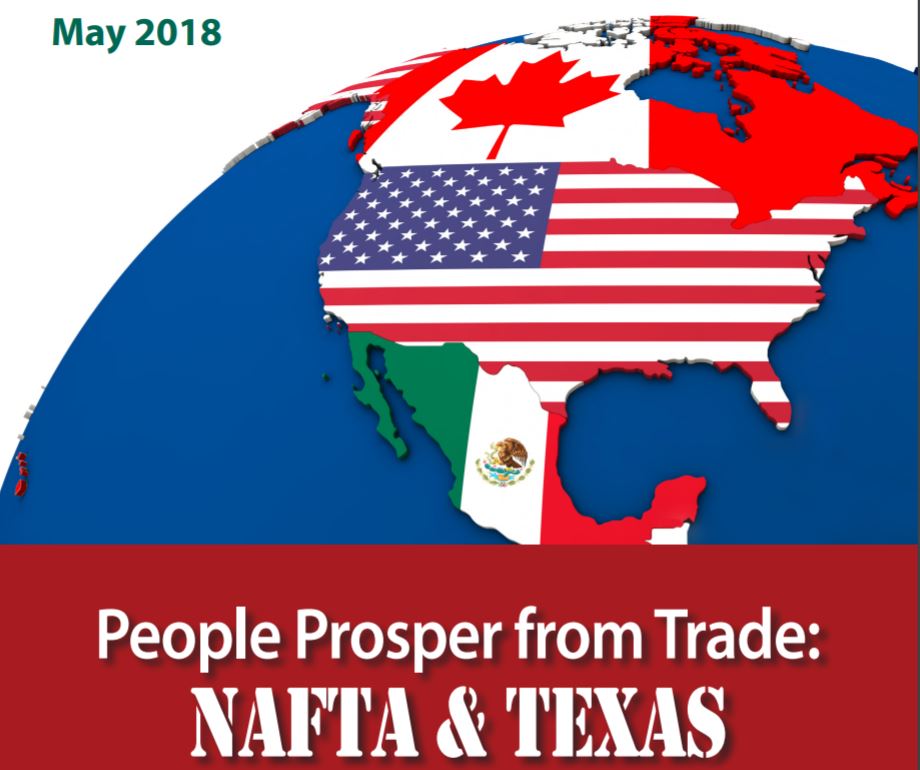

 RSS Feed
RSS Feed